
The concept of a living laboratory was first explored at City Science, an initiative at the Massachusetts Institute of Technology (MIT) Media Lab in the USA, which brings together advanced data analysis, new technologies and field experiments to address the challenges of extreme urbanisation. Their mission includes strategies to reduce carbon emissions, transform urban housing and enable the diffusion of creative ideas. Photograph: Tony Luong
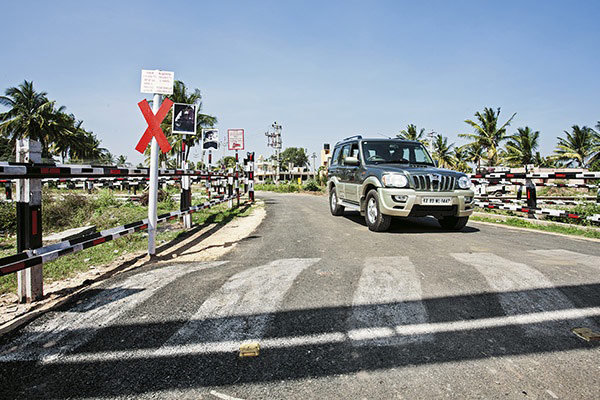
Many of the 15,000 deaths that occur on Indian railways each year take place at unmanned crossings where people and drivers stray onto the tracks. A team from the Mumbai consultancy, Final Mile, combined days of observation with insights from behavioural science to design and test a set of simple interventions to save lives. The ideas include a diagonal speed break to make drivers in any type of vehicle feel vulnerable, causing them to slow down. Photograph: Mallikarjun Katakol for Forbes India

London Bridge Station is being redeveloped to take its capacity from 50 million to 90 million people per year by 2018. One of the specialist consultancies involved, CCD Design & Ergonomics, have been observing and analysing passenger behaviour to test how the design of the station can improve people’s journeys and the operational requirements of staff. Insights and methods from behavioural science are being combined with the rapid prototyping of new ideas. Photograph: Network Rail
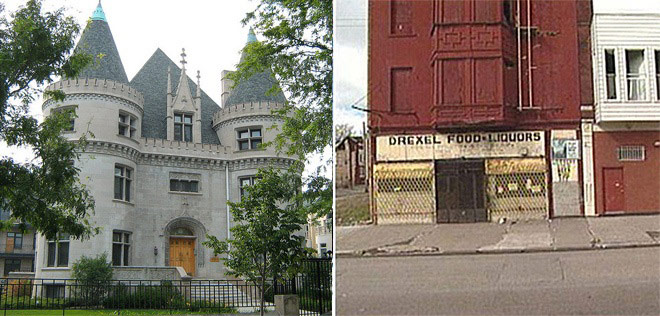
In 1994, the department of Urban Development in the USA started a field trial to investigate the relationship between neighbourhoods and health. Volunteers in public housing were randomised into three groups and either given enough rent vouchers to help them move to a nicer area, rent vouchers but not enough to move with, or no vouchers at all. In 2010, Jens Ludwig and colleagues found that only the health of those in the first group significantly improved, demonstrating that nicer neighbourhoods have a positive effect on health. Photograph: Zol87 Flickr (left) and Sean Parnell (right)
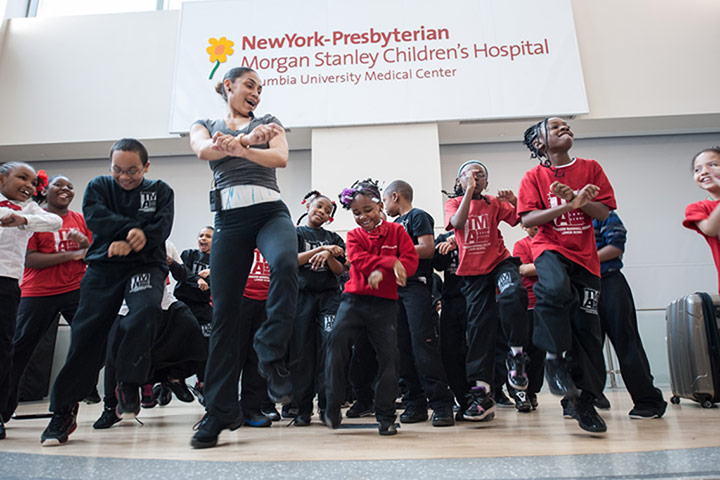
Minority groups have the highest risk of stroke in the USA however it is very difficult to get the knowledge of symptoms to stick. Olajde Williams, chief of staff of Neurology at Columbia University, came up with Hip Hop Stroke, a school based musical literacy programme for children aged 8-12. Early research showed an increase in stroke knowledge and a randomised controlled trial is now being conducted with 3,000 students in New York city schools. Photograph: New York-Presbyterian/Columbia University Medical Center
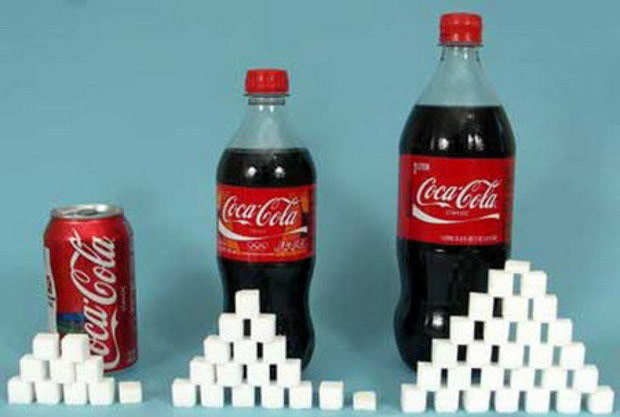
Soda drinks are a big cause of obesity yet the effect of calorie information on purchase is heavily debated. Sarah Bleich and colleagues conducted a field trial in four corner stores in low-income areas of Baltimore, displaying signs next to the sodas that either showed absolute calorie count, the percentage of recommended daily intake or physical activity equivalent. When examined separately, only the latter significantly reduced sales. Photograph: Sugar Stacks
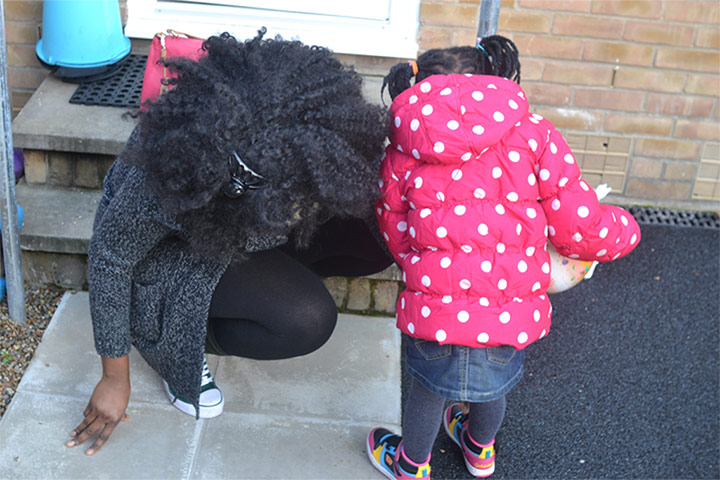
The Design Council has been a pioneer of open innovation competitions. In July 2013 they launched the Knee High Design Challenge to improve the health and wellbeing of children under five in the London boroughs of Southwark and Lambeth. The team have been working closely with local families and health professionals to identify new opportunities, while inviting anyone with a good idea to apply for funding and support. Photograph: Design Council
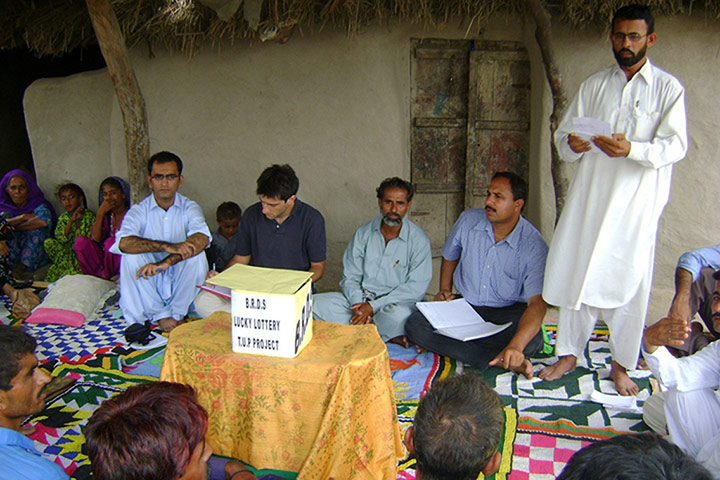
The Abdul Latif Jameel Poverty Action Lab was founded in 2003 at MIT and is now a global network of researchers who use field trials to fight poverty. Esther Duflo, one of the co-founders, pioneered the use of field trials as a method to find causal relationships in natural environments. She has worked with communities in many countries, including looking at the impact of cooking stoves on health in India, encouraging farmers to use fertiliser in Kenya and the uptake of household water connections in urban Morocco. Photograph: Poverty Action Lab
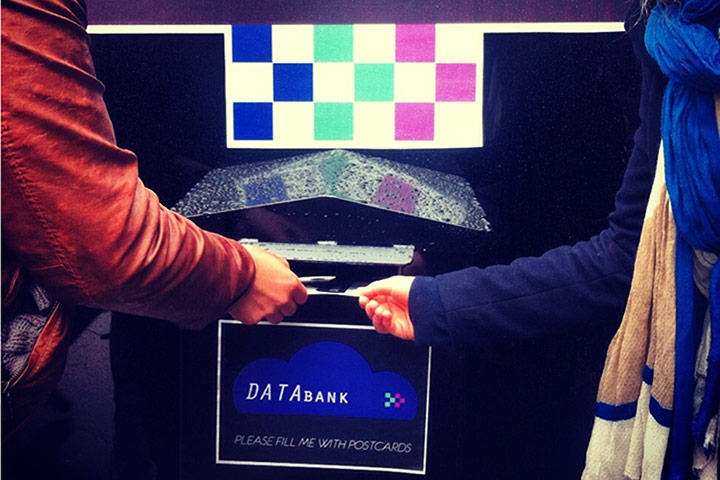
LondonScape is an ambitious project that combines digital technology, data science and creativity to bring to life the networks and systems in which we all live. The first location at Edgware Circus in Westminster will dissect some of the poorest and wealthiest areas in the UK. At the heart will be DataStore, a walk-in community space that will be used to prototype types of data and narratives that can foster empathy, social cohesion and human interaction among people of all backgrounds. Photograph: LondonScape
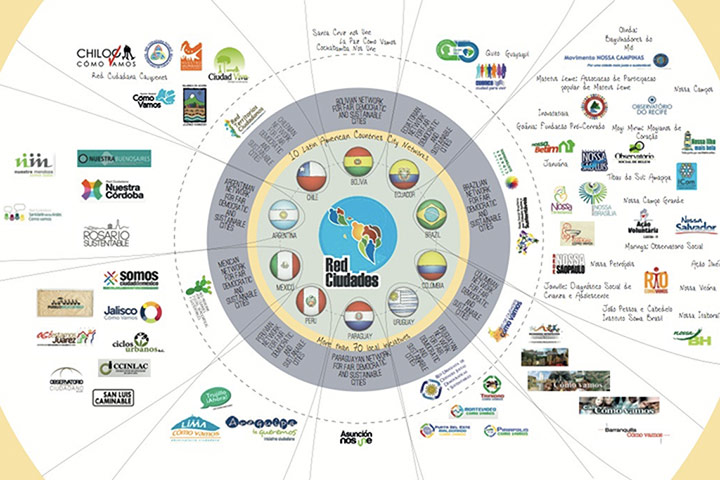
The Latin American Network for Sustainable, Democratic and Just Cities, Red Ciudades, is a network of 70 different citizen groups that help people take control of the public policies in their cities. The main objective is to develop a monitoring system for quality of life – public data from government sources is tracked by the network partners and compared with local surveys of a city’s population to check their perception of reality. Photograph: Red Ciudades







